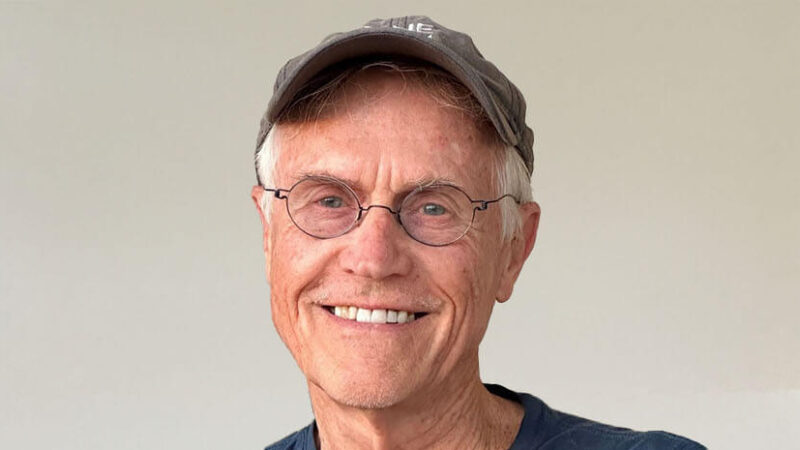How to Enjoy the Holidays When You’re Not Well

Christmas has moved to a dramatically different kind of holiday than its beginnings: it could now be more accurately called “Stressmas.” It has truly become a time of stress: having to get the right presents for the right people; getting enough presents; how much money to spend or not to spend; expecting certain gifts from specific people, who and how many to invite to celebrations. Our attachment to people’s reactions to our gifts and our reactions to others’ gifts reminds us of what the Buddha said, “Attachment is the cause of all our suffering.” To celebrate the birth of Jesus—one who taught unconditional love, perpetual forgiveness, and said, “I came that your joy might be full!”—perhaps we need to rethink the whole picture; otherwise, we are not celebrating unconditional love but instead creating stress. And since stress causes 80% or more of our physical symptoms, this could be seen as a season we have celebrated in a way that brings illnesses or intensifies the ones we are already manifesting. It is the “ego mind” that has taken over—that internal voice which promises love, safety, peace, and joy, but always gets us to think or do that which produces the opposite.
Why not start by consciously deciding that we want to promote love, joy, and peace instead of stress and sickness during this season. Can we risk letting spiritual values—happiness, peace, and love—dominate rather than pressure, “have to’s,” guilt, and therefore, stress and possible sickness? Do we really want material objects and corporate profits to dominate our holidays and our lives? We might even tell our family and friends about our decision to make these changes. And, if we are already sick, why make it worse by creating more stress? And if we are healthy, why create stress to make ourselves sick and unhappy? We must remember that sickness is a choice; though, we often make it more unconscious by blaming it on something external. Now is the time to begin to make it conscious.
Some tools for keeping love, peace, and joy—and, therefore, health—more of a priority this holiday season:
- Give priority to meditating at the beginning and end of each day. You might even keep repeating to yourself this mantra: “I choose joy, love, and peace instead of stress today.” Breathe deeply and say the mantra 30 or 40 times.
- Whenever you find yourself feeling pressure, start breathing deeply, fully emptying your lungs and then breathe in fully, filling the belly, and then adding a little more into the chest. Keep repeating throughout the day, so that you do not play out the American saying: “I didn’t have time to breathe.”
- Make sure that each gift you buy or give only comes from the heart—no “shoulds” or “have to’s.”
- Do the thymus heart rub when you start to feel anxious, pressured, or guilty. Place your hand flatly over the upper chest. Begin to rub gently and soothingly in a circle, to the right, looking on from the outside. Then, as you continue rubbing, say, “I deeply love and accept myself even though I have started to feel stressed (pressured, guilty, etc.). I deeply love and accept myself because I am so glad I caught these negative thoughts. And I deeply love and accept myself as I choose to let these thoughts go.” Repeat this throughout the day every time you catch yourself thinking a thought that takes away your joy, peace, or love.
You might also say, “I make this a holiday of love, peace, health, and joy,” remembering that it is your thoughts that cause your pain or joy. “And I am in control of them.”
Looking for more great reads?
Excerpted from Your Power to Heal: Resolving Psychological Barriers to Your Physical Health by Henry Grayson.
Henry Grayson, PhD, has been lecturing, teaching, and providing professional training for more than 30 years. He is the founder of the Synergetic Therapy Institute, co-chairman of the PTSD division of the Stand for The Troops Foundation, and author of Your Power to Heal: Resolving Psychological Barriers to Your Physical Health. For more information, visit henrygrayson.com.







